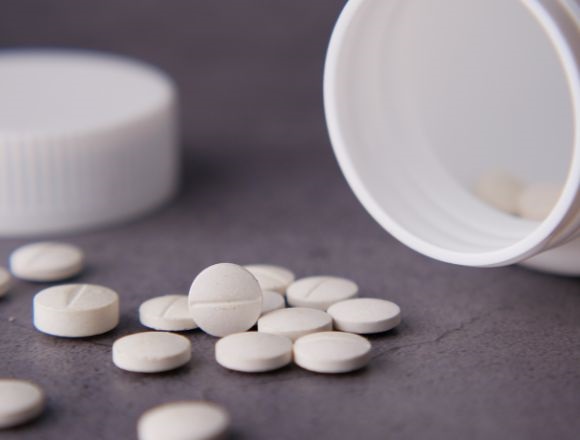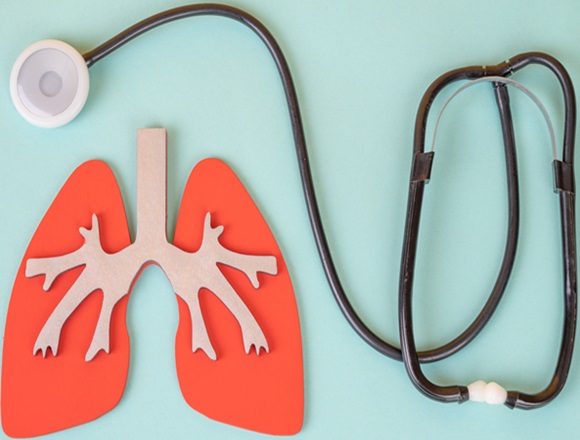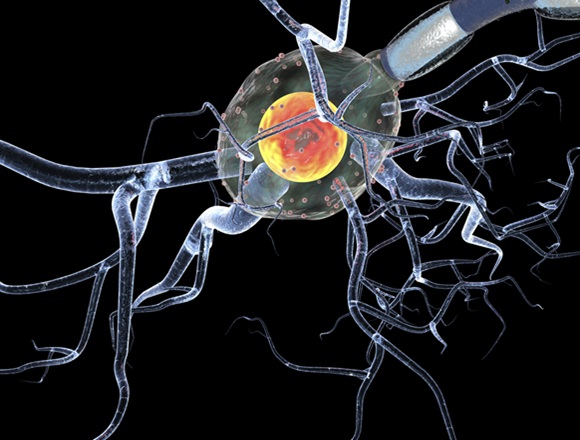References
Devereux G, Cotton S, Nath M, et al. "Bisoprolol in Patients With Chronic Obstructive Pulmonary Disease at High Risk of Exacerbation: The BICS Randomized Clinical Trial. JAMA. 2024 Aug 13;332(6):462-470. doi: 10.1001/jama.2024.8771. PMID: 38762800; PMCID: PMC11322848.Han MK, Dransfield MT. ß-Blockers in Chronic Obstructive Pulmonary Disease-Walking the Tightrope. JAMA. 2024 Aug 13;332(6):458-459. doi: 10.1001/jama.2024.8743. PMID: 38762796.
Background: Historically beta-blockers were considered contraindicated in patients with lung diseases, especially in those who benefited from treatment with a short-acting or long-acting beta2-agonist. The certainty of this contraindication was progressively questioned as beta-blockers, especially cardioselective ones (eg, metoprolol, atenolol, bisoprolol), started to be increasingly used in patients with a cardiovascular indication and coexisting lung disease. This shift culminated in a suggestion, based on a number of observational studies, that cardioselective beta-blockers may actually improve manifestations of chronic obstructive pulmonary disease (COPD).
Methods: This double-blind placebo-controlled randomized clinical trial involved patients with COPD who had at least moderate airflow obstruction on spirometry (ratio of forced expiratory volume in the first second of expiration [FEV1] to forced vital capacity [FVC] <0.7; FEV1 <80% predicted) and ≥2 COPD exacerbations treated with oral corticosteroids, antibiotics, or both in the prior 12 months. As part of the trial, 519 patients were randomly assigned to receive bisoprolol (261) or placebo (258). Bisoprolol was started at 1.25 mg/d orally and was titrated as tolerated to a maximum dose of 5 mg/d. The primary efficacy outcome was the number of patient-reported COPD exacerbations treated with oral corticosteroids, antibiotics, or both during the 1-year treatment period. Serious adverse reactions were monitored.
Results: The analysis included 515 patients at the mean age of 68 years and with mean FEV1 of 50.1%. The patient-reported COPD exacerbations treated with oral corticosteroids, antibiotics, or both occurred 526 times in the bisoprolol group (mean exacerbation rate of 2.03/y) versus 513 times in the placebo group (mean exacerbation rate of 2.01/y). Serious adverse events occurred in 37 of 255 patients in the bisoprolol group (14.5%) versus 36 of 251 in the placebo group (14.3%). The risks of both exacerbations and adverse events were clinically and statistically very close in both groups.
Conclusions: The authors concluded that the use of bisoprolol did not decrease the risk of exacerbations among people with COPD.
McMaster editors’ commentary: There are 2 messages that we drew from this study. The first one is that the use of beta-blockers for preventing exacerbations among patients with COPD remains an unproven concept. The second one is reassurance that the use of beta-blockers (in this case specifically bisoprolol) is very likely safe among patients with COPD who have separate indications for its use and who can tolerate it. Of note, the titration period took into account FEV1 changes, with the dose being reduced to the previous one in the case of reduction in FEV1 >15% and >200 mL compared with baseline; and the patients were subjected to weekly follow-up during dose titration.
 English
English
 Español
Español
 українська
українська











